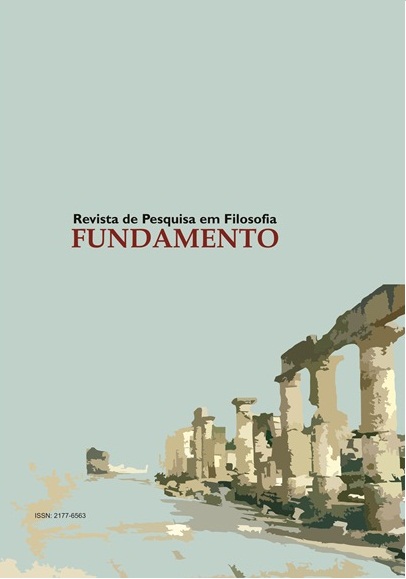Fahrenheit 451 de François Truffaut
o prazer do fogo e a criminalização dos livros
Abstract
Fahrenheit 451, directed by François Truffaut in 1966, still strikes a very contemporary and strange effect which is powerful enough to be admitted as a version of a reality: the ethical and political turnaround in the life of a firefighter whose mission in life is centred in finding and burning books as a way of preserving the status quo, a familiar and social order. Dystopian fiction, coming from the 1953 eponymous book by Ray Bradbury, which inevitably poses questions related to our own present times: Whose responsibility is it to censor books especially when it comes to literary and philosophical ones? What can be found in such books worth admiration and fear at the same time? Books represent not only cultural artefacts, but are also an essential material for the past to respond to the present, the imagination to lead to action, the thought to inspire rebellion against the most diverse forms of present day fascism. These are some of the topics that this essay will try to address.


.jpg)
